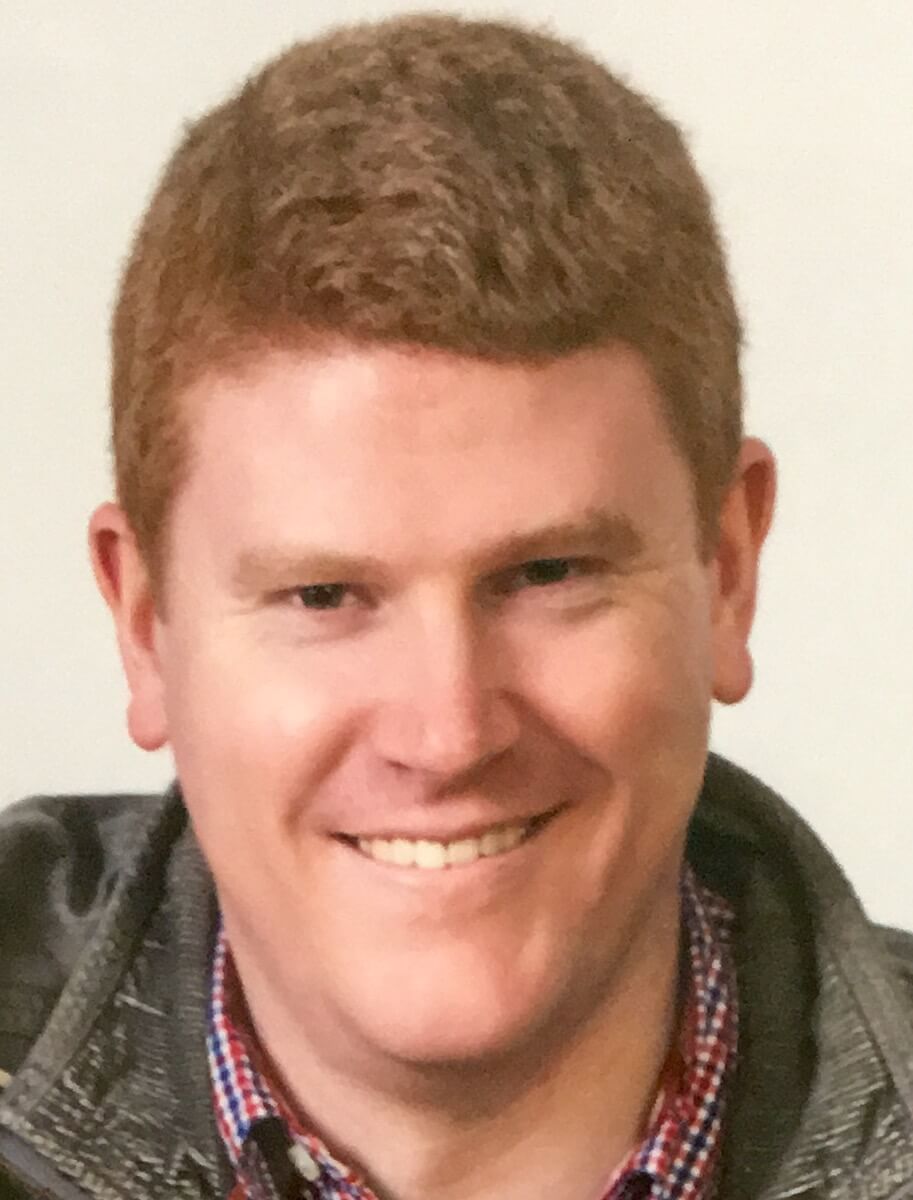It’s been a pleasure and a privilege to participate, and to benefit from the workshops and my discussions with Academy Fellows.
Policy Challenge
While other Policy Fellows were attempting to solve a specific policy problem, I wanted to apply policy to science and technology within the MoD. My Policy Fellowship focused on issues such as the importance of different technologies and their policy implications.
Learning Journey
I wanted to build a proactive (rather than reactive) framework for learning and development, pulling together the best thinking from different disciplines to create a distinct subset of government policymaking. If you are doing policy work right, you are integrating different perspectives and considerations. A policy person might not understand that they could produce a better piece of work if they approached it as an engineer would, or reached out to engineers for help.
I had 10 sessions with Academy Fellows. Some were working on specific technologies, while others had more experience of engaging with government departments. I noted that the engineering mindset and the policy mindset are intrinsically compatible, and found it valuable to explore different ways of bridging the gap between the scientific/engineering mindsets and the policy approach. This remains a significant barrier, as the engineers with experience of working inside or alongside government acknowledged during the programme.

Chris Moore-Bick is Deputy Director, Policy Defence Science and Technology at the Ministry of Defence (MoD). He has been with the MoD since 2005
Impact
The Policy Fellowship gave me a valuable introduction to systems thinking and its application to policy problems. It helped to clarify the technology challenges facing the MoD. I now have a greater insight into how implementing complex systems involves recognising the intersections between new technologies and wider sociological and geostrategic factors. This has informed both my team leadership and my work on the UK Government’s Integrated Review.
